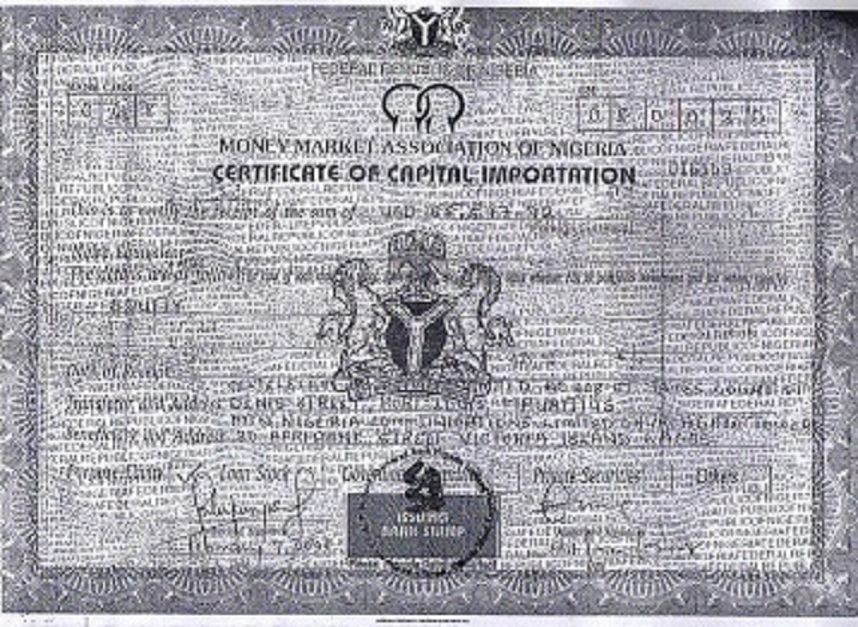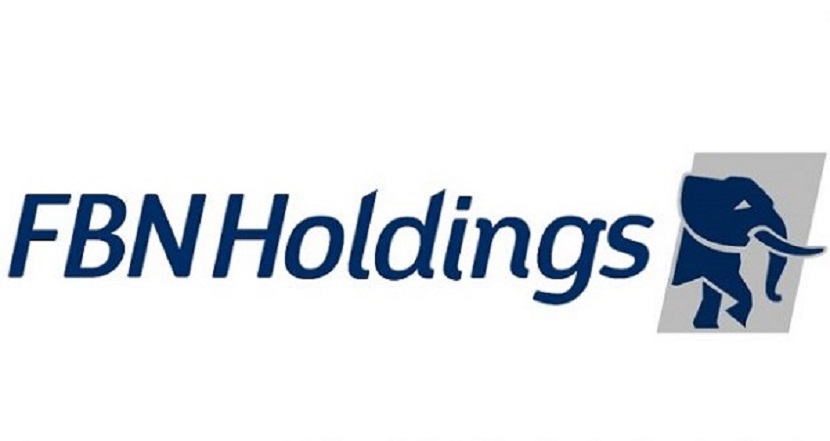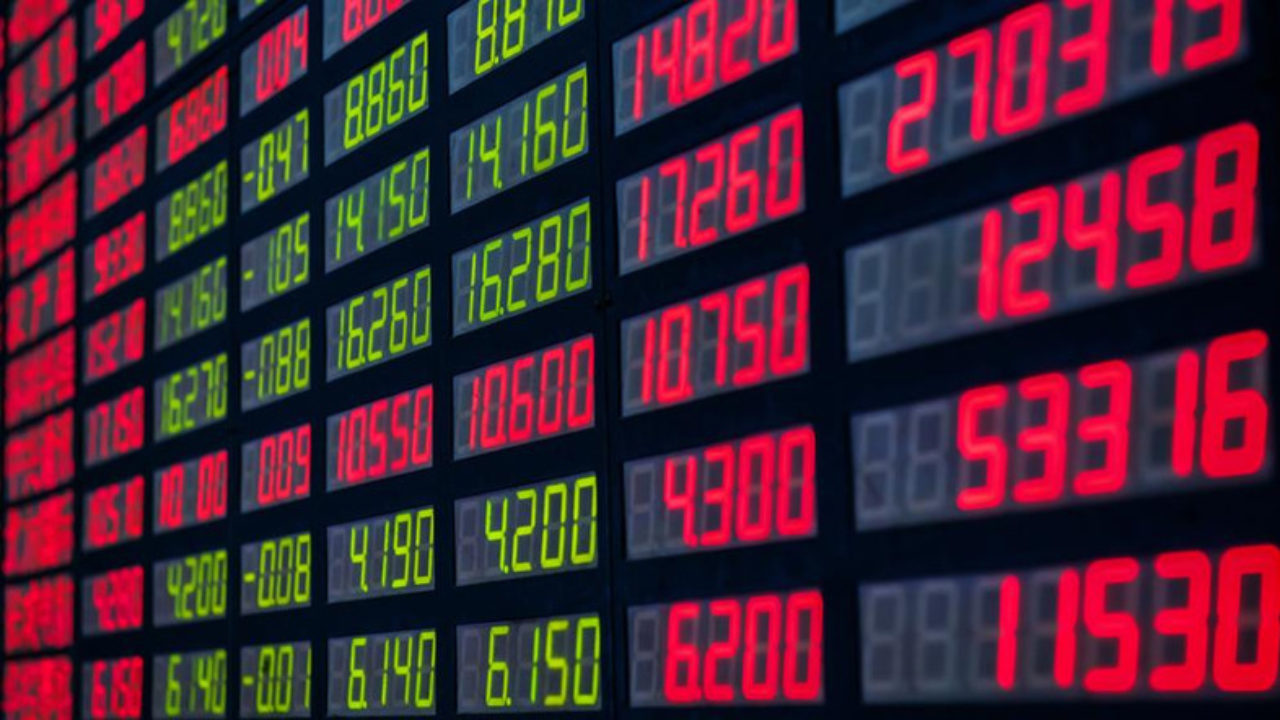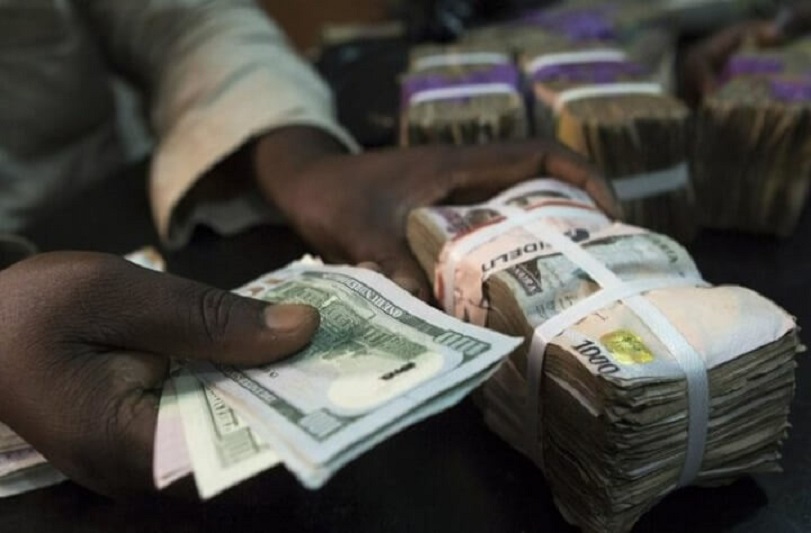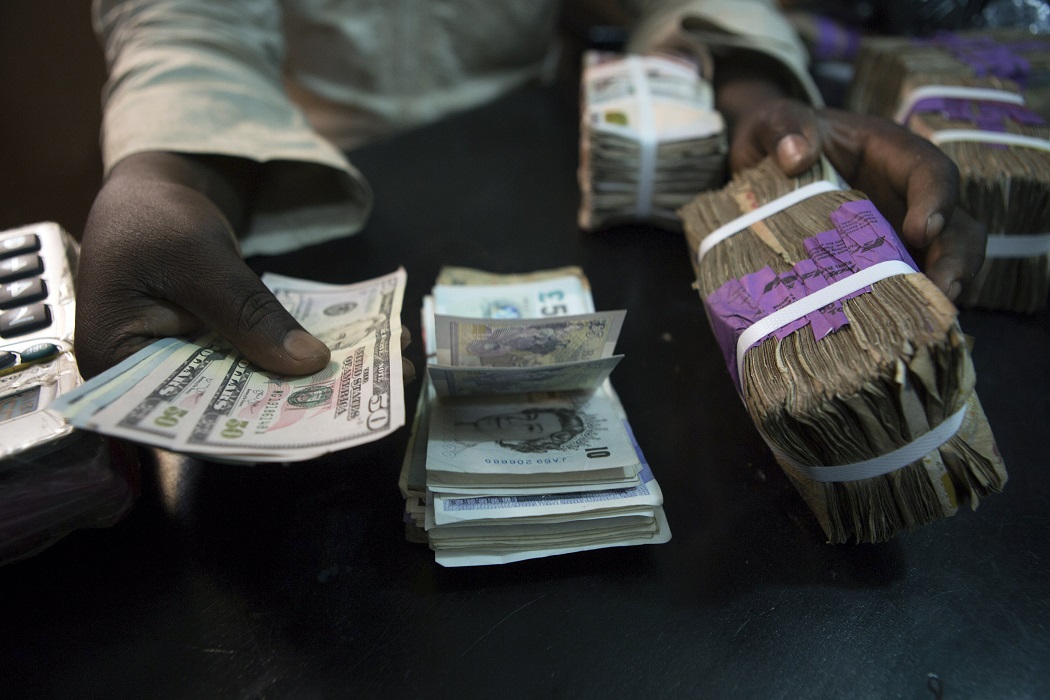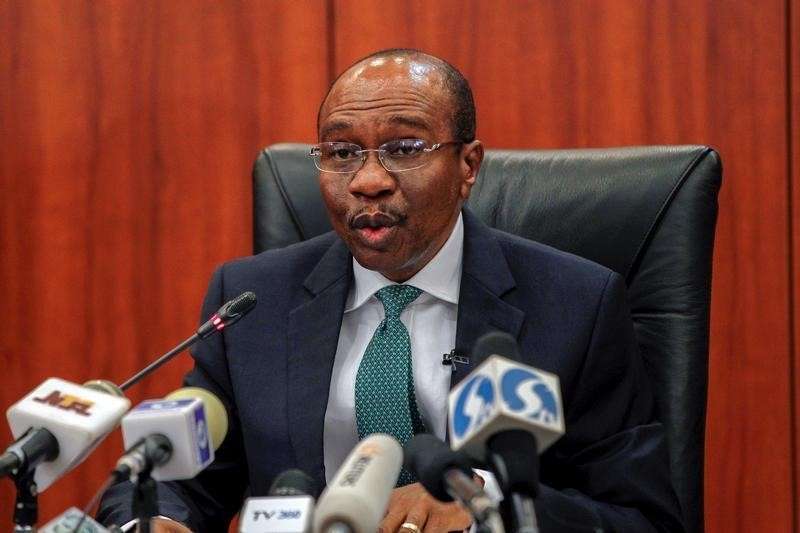By Modupe Gbadeyanka
The Nigerian economy has continued to show major growth after exiting recession in the second quarter of this year.
Data released on Monday, November 27, 2017, by the National Bureau of Statistics (NBS) revealed that in the third quarter of 2017, a total $4.2 billion was earned in capital importation by the country.
Business Post reports that this is a substantial increase compared with the past few quarters, especially in the second quarter of this year, when the capital importation was at $1.8 billion, representing an increased value of 147.5 percent on a year on year basis.
This inflow of capital in Q3 2017 is the first time since the beginning of 2015 that capital hit over $4 billion in a quarter.
The boom in capital importation in Q3 2017, according to the stats office, was mainly driven by significant growth in both Portfolio Investment and Other Investment.
Capital Importation can be divided into three main investment types: Foreign Direct Investment (FDI), Portfolio Investment and Other Investments, each comprising various sub-categories.
Portfolio Investment, which was recorded at $2.8 billion in the third quarter of 2017, remained the largest component of capital import and contributed to 67 percent of the total amount.
This component expanded faster than the other two main categories with a year on year growth rate of 200.7 percent.
Foreign Domestic Investment recorded $117.6 million which fell by 65.5 percent year on year, while Other Investment increased by 124.55 percent compared to 2016 Q3.
Although Other Investment in 2017 Q3 more than doubled the value in the third quarter of 2016 from $516.2 million to $1.3 billion, it remained about 30 percent of the total capital importation.


